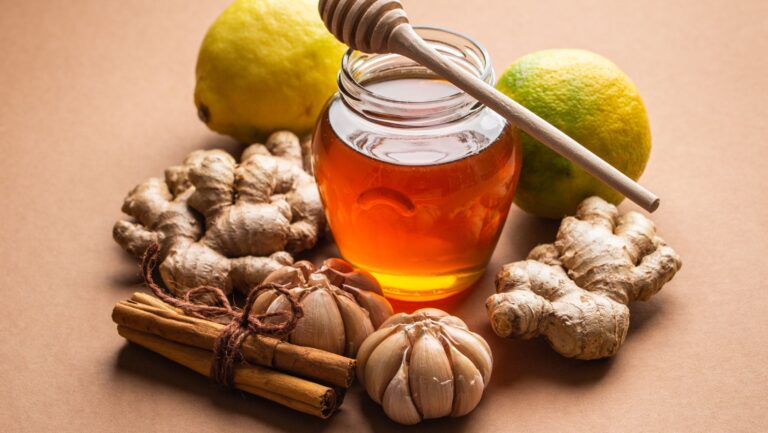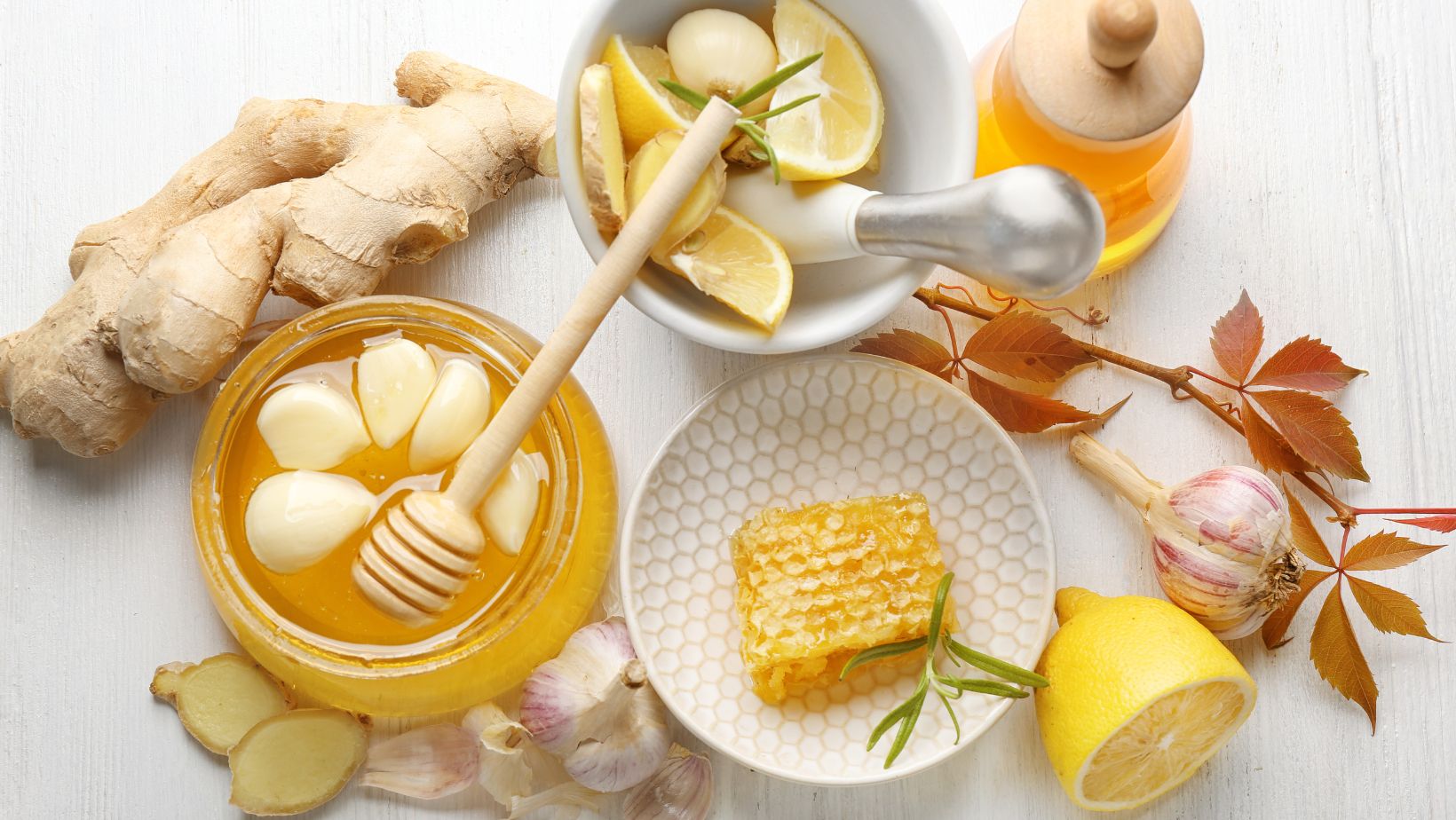Last Updated on August 12, 2025 by Nala Thorpe
Hair thinning in women is more common than most realize. According to dermatological studies, over 40% of women experience noticeable hair loss by the age of 50. In 2025, the search for natural remedies for hair thinning continues to grow, with eco-conscious and health-focused solutions taking center stage. The aim is not only to stop hair shedding but to stimulate regrowth, improve hair density, and restore scalp health — all without harsh chemicals.
In this guide, we explore science-backed, natural strategies for hair uses that target hair thinning from the inside out. From nutrient-rich botanicals to lifestyle changes and scalp treatments, these approaches can make a visible difference over time.
Causes of Hair Thinning in Women and How Natural Remedies Help
Before jumping into remedies, it’s important to understand why hair thinning happens. The most common causes include:
- Hormonal changes – Pregnancy, menopause, and thyroid imbalances can disrupt the hair growth cycle.
- Nutrient deficiencies – Low iron, protein, vitamin D, and B vitamins can weaken hair strands.
- Stress – Emotional and physical stress can push hair into the shedding phase (telogen effluvium).
- Scalp conditions – Dandruff, inflammation, or fungal infections can reduce healthy hair growth.
- Genetics – Female pattern hair loss can be inherited.
- Lifestyle factors – Harsh chemical treatments, heat styling, and poor diet can damage hair.
While some causes may require medical intervention, natural remedies can often help restore balance, strengthen follicles, and improve scalp conditions.
Best Foods and Nutrients for Hair Growth and Thinning Prevention
The first and most powerful remedy for hair thinning in women is nutritional support. Hair is made mostly of protein (keratin), and its growth depends on a steady supply of vitamins, minerals, and amino acids.
Key nutrients for hair uses include:
- Iron – Prevents anemia-related hair loss. Found in spinach, lentils, and lean meats.
- Protein – Supports keratin production. Eggs, fish, chicken, and beans are excellent sources.
- Vitamin D – Low levels are linked to hair loss. Sun exposure and fatty fish can help.
- B Vitamins – Especially biotin (B7), important for keratin synthesis.
- Omega-3 fatty acids – Reduce scalp inflammation and improve hair density.
For those who struggle to meet these needs through food alone, high-quality supplements can be beneficial. Options like Elixir of Youth’s premium wellness products offer targeted nutrition for hair and skin health.
Scalp Massage for Hair Thinning: Boosting Circulation Naturally
A simple yet effective remedy for hair thinning is scalp massage. Increasing circulation to the scalp ensures follicles receive more nutrients and oxygen.
How to do it:
- Use your fingertips or a soft-bristle brush.
- Apply gentle pressure in circular motions for 5–10 minutes daily.
- Combine with nourishing oils for added benefits.
Scientific studies have shown that regular scalp massage can increase hair thickness over time by stretching the dermal papilla cells in the scalp, which regulate hair growth.
Batana Oil Benefits for Hair Thinning in Women
When it comes to natural oils for hair uses, Batana oil stands out in 2025 as one of the most effective remedies for thinning hair in women. Extracted from the American palm tree, batana oil is rich in oleic acid, antioxidants, and essential fatty acids that:
- Repair damaged hair cuticles.
- Moisturize the scalp to prevent dryness.
- Stimulate dormant hair follicles.
- Reduce breakage and split ends.
Many women report visible improvements in hair density and shine after consistent use for several months. For an authentic, high-quality source, you can find pure Batana oil here.
Herbal Rinses for Hair Thinning and Scalp Health
Certain herbs contain compounds that can help reduce hair shedding and improve scalp health.
Popular herbal rinses for hair thinning:
- Rosemary – Improves circulation to the scalp and stimulates growth.
- Horsetail – High in silica, strengthens hair strands.
- Nettle leaf – Rich in iron and minerals, reduces shedding.
- Green tea – Contains EGCG, which can block hair-loss-causing hormones (DHT).
How to use: Steep the herbs in hot water, cool the infusion, and use it as a final rinse after shampooing.
Stress Management and Hormonal Balance for Hair Loss Prevention
Stress can cause up to 300 hairs per day to shift into the shedding phase. Managing stress levels through lifestyle adjustments is critical for reducing hair thinning.
Helpful approaches include:
- Yoga and meditation – Lower cortisol levels.
- Adequate sleep – Supports hormone regulation.
- Regular exercise – Improves blood flow and mood.
For women experiencing menopause-related thinning, natural remedies such as phytoestrogens from soy, flaxseeds, and red clover may help balance hormones.
Low-Level Laser Therapy (LLLT) as a Natural Hair Regrowth Aid
While not a herb or oil, LLLT is a non-invasive, natural approach that uses red light wavelengths to stimulate follicles. Devices are now available for home use in 2025, making them more accessible. Clinical studies show improved density in women using LLLT consistently over 6–12 months.
Gentle, Sulfate-Free Hair Care Routine for Thinning Hair
Switching to a sulfate-free shampoo is essential for women with thinning hair. Harsh sulfates can strip natural oils and irritate the scalp.
Best practices for washing thinning hair:
- Use lukewarm water, not hot.
- Choose shampoos with botanical extracts like aloe vera, chamomile, or argan oil.
- Avoid daily washing to prevent dryness.
- Follow up with a light, nutrient-rich conditioner.
For more guidance on natural scalp and hair growth methods, you can read this hair growth guide from industry experts.
Essential Oils for Hair Growth and Follicle Activation
Essential oils have been used for centuries to promote hair health.
Top picks for hair thinning:
- Rosemary oil – Comparable to minoxidil in some studies.
- Peppermint oil – Increases blood flow to the scalp.
- Lavender oil – Calms inflammation and supports growth.
Always dilute essential oils in a carrier like jojoba or coconut oil before applying to the scalp.
Hydration Tips for a Healthy Scalp and Stronger Hair
A hydrated scalp creates the best environment for hair growth. Dehydration can cause brittle strands and slow regrowth.
Tips for scalp hydration:
- Drink at least 2 liters of water daily.
- Use a leave-in conditioner or hydrating mist.
- Apply moisturizing oils like argan or batana weekly.
Keyoma’s Role in Supporting Hair Wellness Naturally
While there are many natural remedies available, choosing high-quality, ethically sourced products is crucial. Keyoma offers wellness and hair care solutions designed with both sustainability and effectiveness in mind, making it a trusted choice among eco-conscious women.
How Long to See Results from Natural Hair Thinning Remedies
Hair growth is a slow process. Most natural remedies require at least 3 to 6 months of consistent use to show visible results.
Patience and routine are key — hair follicles need time to transition from the resting phase back to active growth.
Combining the Best Natural Remedies for Hair Thinning in Women
The most effective way to address hair thinning is to combine strategies:
- Improve diet for internal nourishment.
- Massage the scalp daily with oils like batana or rosemary.
- Use herbal rinses weekly for scalp health.
- Switch to gentle hair care products.
- Manage stress for hormonal balance.
Final Thoughts on Natural Remedies for Hair Thinning in Women
Hair thinning in women can be emotionally challenging, but 2025 offers more natural, proven solutions than ever before. By adopting a holistic approach — nourishing from within, caring for the scalp, and using plant-based remedies — it’s possible to improve hair density and strength without resorting to harsh treatments.
Whether you choose to enhance your routine with batana oil, incorporate herbal rinses, or focus on nutrient-rich eating, the key is consistency. Over time, these remedies can help restore not just your hair, but your confidence.




